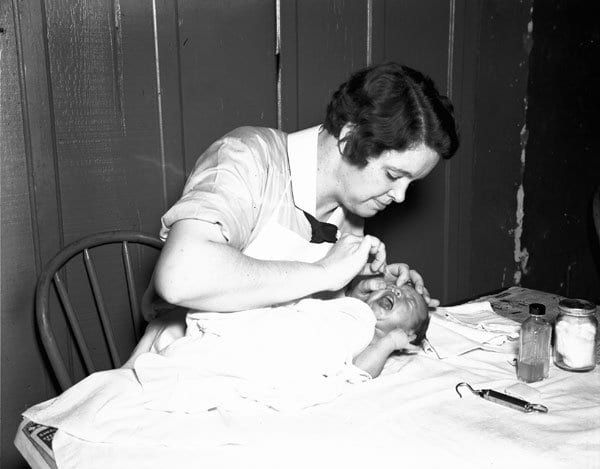Another Compounding Pharmacy Recall While FDA Regulations Tighten
The Food and Drug Administration (FDA) has announced another recall from a compounding pharmacy. This time Nature’s Pharmacy and Compounding Center of Asheville, North Carolina is recalling an eye drop and injectable drug after an FDA inspection found questionable conditions related to sterility.
Nature’s Pharmacy distributed the drug regionally beginning on January 1, 2013. Medical clinics and pharmacies are advised not to use the product and return it to the place of purchase. Clinics are advised to contact any patient who has been treated with the eye product. The name of the product is not contained in the FDA announcement.
A compounding pharmacy makes special order drugs or prescription drugs when there is a shortfall but increasingly compounding pharmacies are acting more like a larger Big Pharma manufacturers by creating batches of prescription medication. The pharmacies are regulated by the state if the distribution is local, but a new bill just signed into law by President Obama would require large-scale compounders to fall under federal jurisdiction.
The Drug Quality and Security Act will strengthen FDA oversight over large-scale pharmaceutical compounders who ship their products over state lines.
The impetus was last year’s New England Compounding Center (NECC) contamination that killed 64 people and sickened 750 nationwide with meningitis. Inspectors found mold and unsterile conditions at the facility in Massachusetts, which is now closed. Historically compounding pharmacies have fallen somewhere between state and federal regulations.
Under the new law, once a company has registered with the FDA the agency will be able to more quickly shut down a facility that has quality control problems. Having an FDA registration should provide some assurance of safety to hospitals that might be purchasing compounded drugs.
The legislation will also beef up the FDA’s ability to follow a compounded drug from facility to user.
The trace-and-track system will create a database so the compounded drug can be traced from manufacturer to pharmacy presumably to be better able to initiate a recall if a contaminated batch is produced.
In order to track compounded drugs that are stolen, counterfeit or contaminated, serial numbers will be added to drug containers within ten years so electronic tracking can be put into place.
Share This



